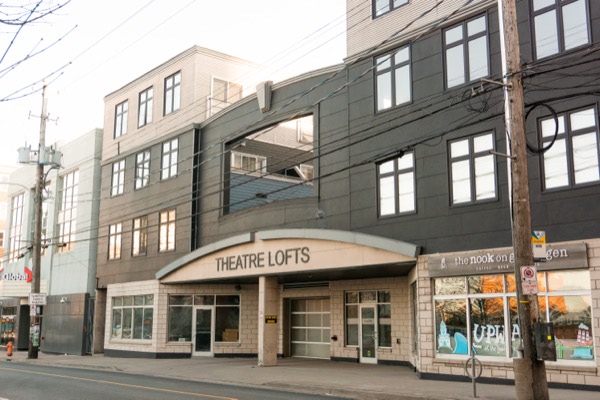You have secured your mortgage approval, but is it what you can truly afford? Here’s what you need to know.

Mortgage insurance: What it is and how it works
There are many factors that can impact your ability to qualify for a mortgage. Some of these factors can be your debt service ratios, your credit score, or your down payment. Many people can’t afford 20 per cent of the purchase price to put down. This is where mortgage insurance plays an important role. Mortgage insurance providers across Canada have helped many Canadians achieve homeownership. Mortgage insurance protects the lenders and has benefited many homeowners across the country by helping them afford a home and keep rates low.
What is it?
Mortgage insurance is a policy that helps many Canadians afford homeownership while also protecting the mortgage lender. It is a policy that protects the mortgage lender in the event that the borrower defaults on their monthly payments or is unable to meet the financial obligations of their mortgage. Borrowers that have a high-ratio mortgage, which is one that has at least a five per cent down payment and below a 20 per cent down payment, must have default insurance to help protect the lenders. If a borrower has a down payment of 20 per cent or more, they don’t need this insurance.
Insurance is a good thing!
Many believe that the borrower is paying for the mortgage insurance, but the lender is in fact paying for it. The borrower is responsible for paying the premium on the mortgage. These premiums range from 0.6 per cent up to 5.85 per cent depending on the product and the down payment. Insurance providers like Genworth Canada, Canada Guaranty, or CMHC, calculate the insurance premium as a percentage of the loan principal amount.
Borrowers with mortgage insurance have a couple different ways that they can pay for it. This offers them more flexibility with their payments. The most common method of paying for mortgage insurance is by rolling the expense into their mortgage amount. This means that borrowers can expect their monthly payments to be a little bit higher. Alternatively, another option for borrowers is to pay it in a lump sum upon the closing of the mortgage.
How does it work?
If a borrower defaults on their mortgage, someone still has to pay off the remainder of the loan. If a borrower has mortgage insurance for the house, their lender can make a claim on that policy and the insurer will pay them. This means that the borrower is still responsible for paying any leftover balance to the insurer, though. Simply put, if the sale of the property doesn’t cover the balance of the mortgage owed to the lender, the lender or mortgage insurer is able to pursue legal action against the borrower to pay the remainder of the balance.
Without mortgage insurance, many borrowers wouldn’t be able to afford a home. Alternatively, they might have to wait years to save up enough money for a 20 per cent down payment. If you are looking for information on how mortgage insurance can help you afford your next home, get in touch with us here to set up an appointment with one of our unbiased mortgage professionals.


